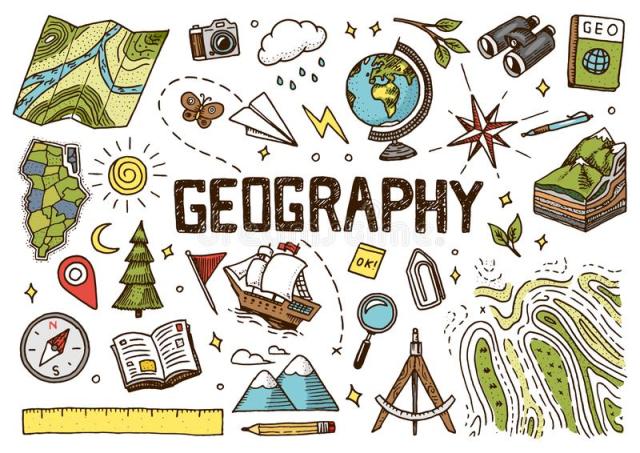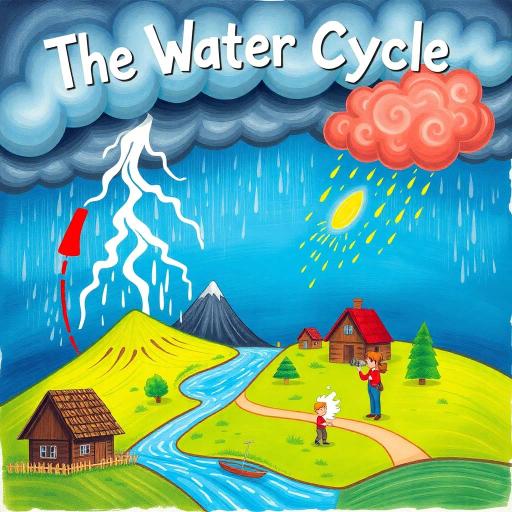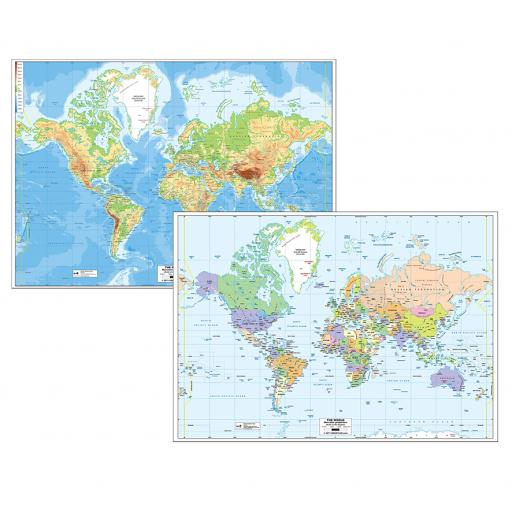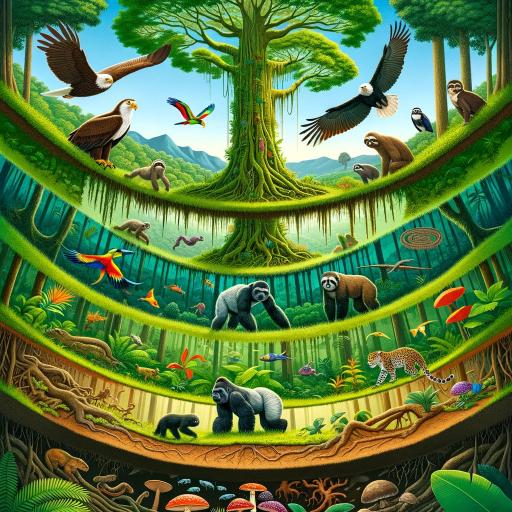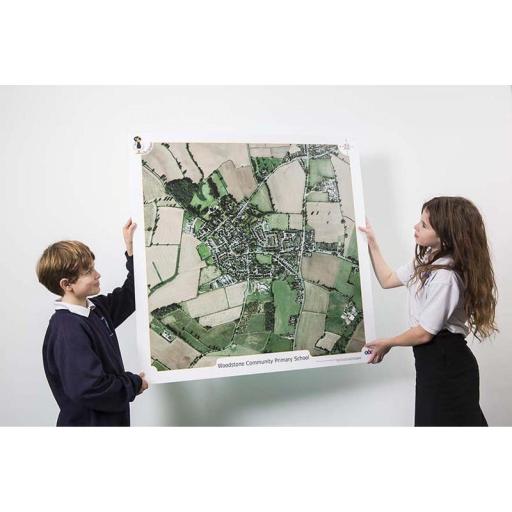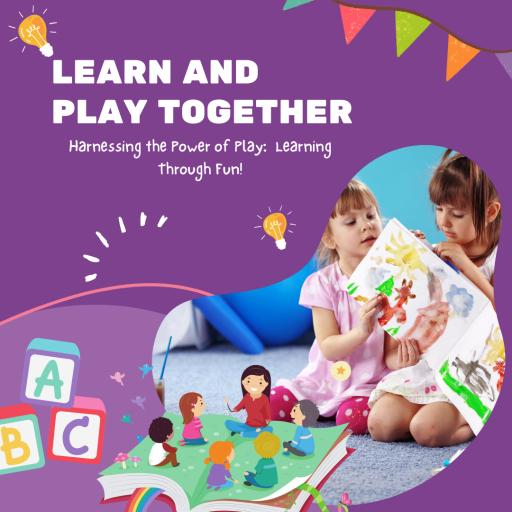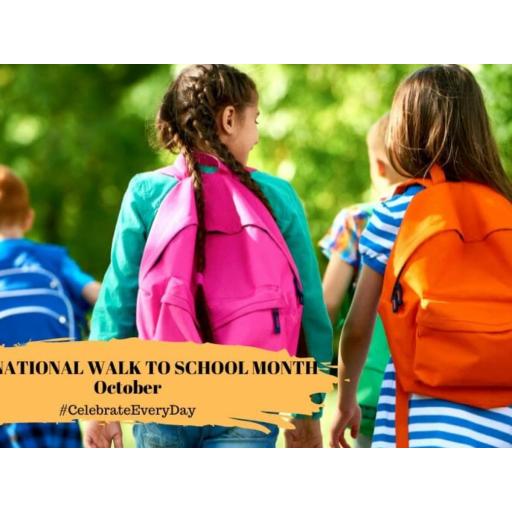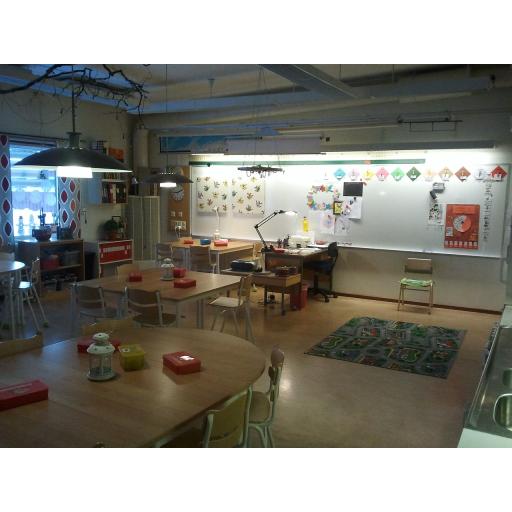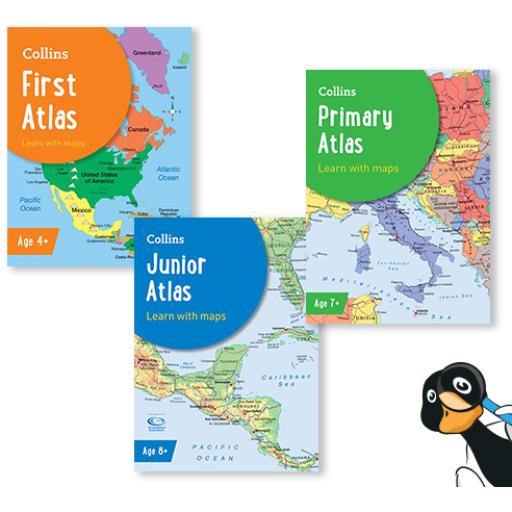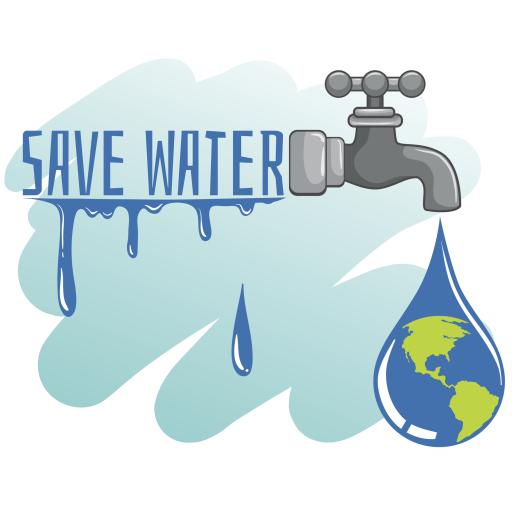To effectively prepare for a deep dive into geography, it is crucial to establish a clear and consistent curriculum across all year groups, from Early Years to Key Stage 2. This involves carefully considering the content, sequencing, and progression of geographical learning to ensure a cohesive and meaningful learning journey for students.
1. Curriculum
Curriculum Content:
-
Focus on Key Concepts: Identify and prioritise the fundamental geographical concepts that students will encounter throughout their primary school experience. These concepts should form the core of the curriculum and provide a foundation for further exploration.
-
Integrate Local Geography: Connect geographical learning to the students' own environment, drawing on their experiences and surroundings to foster a sense of place and belonging. Local fieldwork opportunities can significantly enhance this connection.
-
Explore Global Issues: Encourage students to engage with global geographical issues, such as climate change, urbanisation, and environmental concerns. This global perspective broadens their understanding of the world and empowers them to become informed citizens.
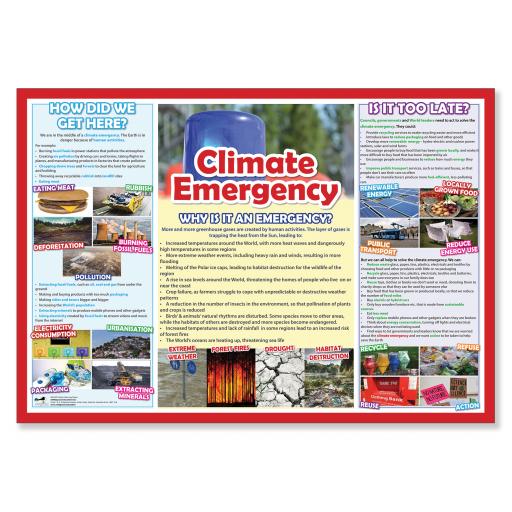
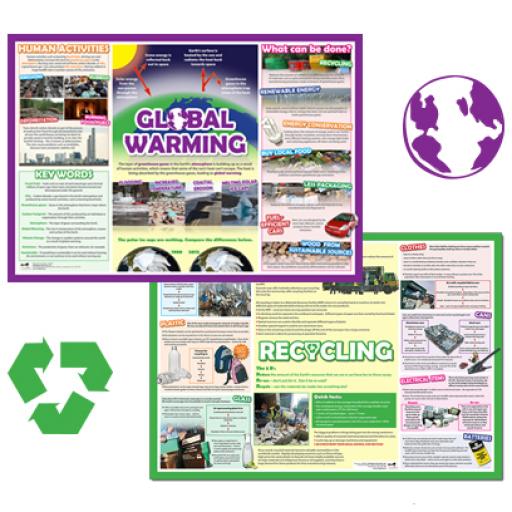
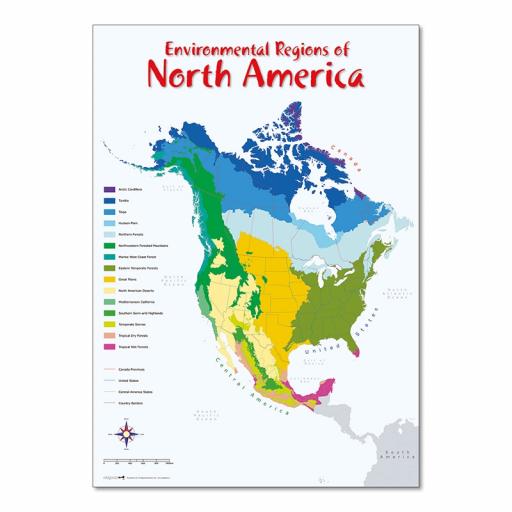
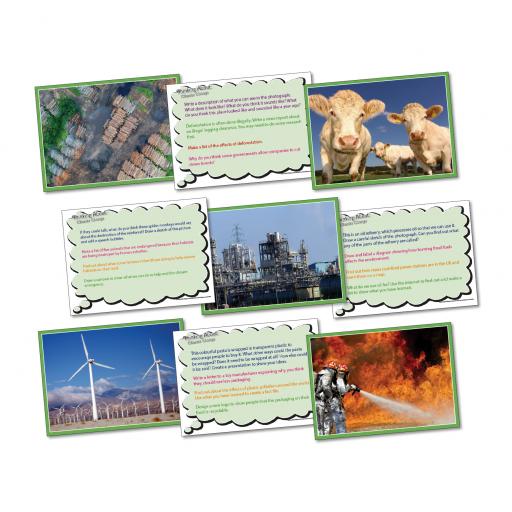
Curriculum Sequencing:
-
Logical Progression: Arrange the curriculum content in a logical and sequential manner, ensuring that each topic builds upon previous knowledge and skills. This progression should align with the developmental stage of the students.
-
Balanced Coverage: Allocate sufficient time to each geographical theme, ensuring that students have adequate opportunities to explore and retain key concepts.
-
Cross-curricular Connections: Create opportunities for cross-curricular connections, allowing geography to inform and enrich learning in other subjects, such as history, science, and art.
Curriculum Purpose and Value:
-
Clear Articulation: Clearly articulate the purpose and value of geography education, highlighting its relevance to students' lives and the wider world.
-
Emphasise Skills Development: Emphasise the development of geographical skills such as map reading, compass work, fieldwork techniques, and geographical vocabulary. These skills empower students to become critical thinkers and problem solvers.
-
Promote Global Citizenship: Foster a sense of global citizenship by encouraging students to understand and appreciate the diverse cultures and environments of the world.
By establishing a clear and consistent curriculum that addresses these key aspects, geography co-ordinators can effectively prepare for the Deep Dive process and ensure that their school's geography curriculum delivers high-quality learning experiences that empower students to become geographically literate and engaged citizens.
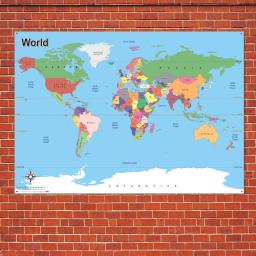
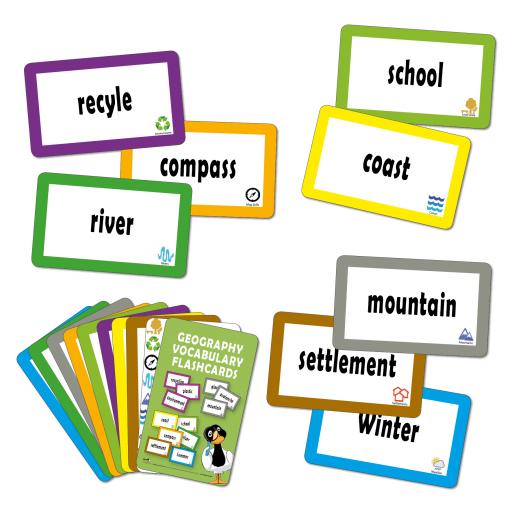
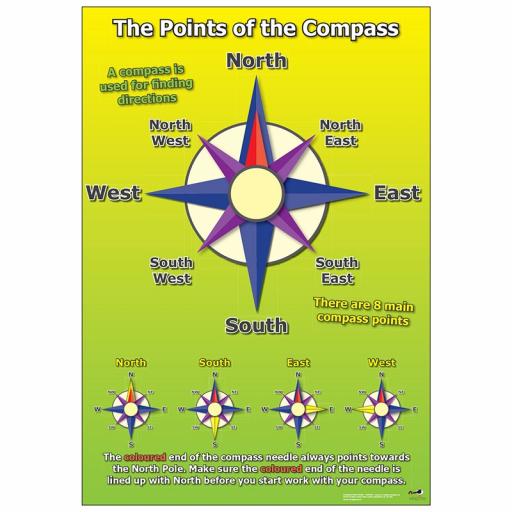
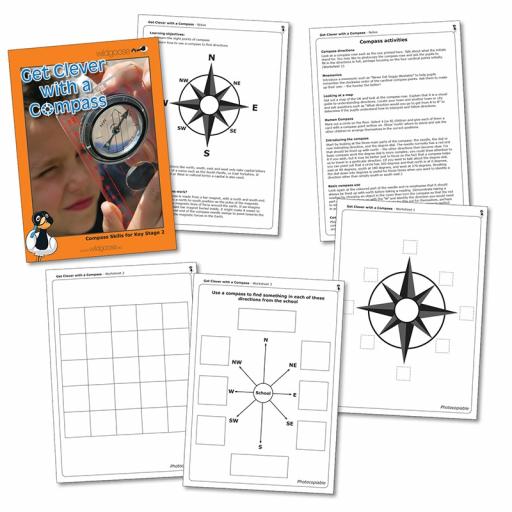
Staff Training:
Effective geography teaching requires a strong foundation of subject knowledge and pedagogical skills. To ensure that all teachers have the necessary expertise, geography co-ordinators should implement a robust staff training program.
2. Indentifyling Training needs
Conduct a thorough needs assessment to identify the specific areas where teachers require further support. This can be done through observations, discussions, and surveys.
-
Observe teachers' lessons: Pay attention to their grasp of geographical concepts, their ability to apply geographical skills, and their use of geographical vocabulary.
-
Conduct discussions with teachers: Engage in conversations about their teaching experiences, their understanding of geography, and their areas of interest.
-
Distribute surveys: Send out surveys to teachers to gauge their knowledge and skill levels, as well as their training preferences.
-
Developing Training Resources:
Based on the identified needs, develop a comprehensive training program that provides teachers with the knowledge and skills they require.
-
Create training modules: Design training modules that cover key geographical concepts, fieldwork techniques, and pedagogical approaches.
-
Utilise online resources: Leverage online resources, such as videos, simulations, and interactive exercises, to enhance training effectiveness.
-
Engage experts: Invite expert geographers or educators to deliver workshops or seminars on specific topics.
-
Implementing Training Activities:
Deliver training activities in a variety of formats to cater to different learning styles and preferences.
-
In-service training: Organise in-service training sessions where teachers can engage in active learning, such as discussions, group activities, and hands-on workshops.
-
CPD opportunities: Encourage teachers to attend CPD courses, conferences, and professional development events related to geography education.
-
Peer-to-peer learning: Facilitate peer-to-peer learning opportunities, where teachers can share knowledge, collaborate on projects, and provide mutual support.
-
Tracking and Supporting Progress:
Establish a system to track teachers' progress in enhancing their subject knowledge and to provide ongoing support and feedback.
-
Mentoring programs: Pair experienced teachers with novice teachers to provide mentorship and support.
-
Action learning cycles: Implement action learning cycles, where teachers set goals, reflect on their practice, and receive feedback to improve their teaching skills.
-
Professional portfolios: Encourage teachers to develop professional portfolios that showcase their ongoing progress in enhancing their subject knowledge and pedagogical skills.
By implementing these strategies, geography co-ordinators can create a culture of continuous learning and professional development, ensuring that all teachers are equipped to deliver high-quality geography lessons that empower students to become geographically literate and informed citizens.
Empowering students to think like geographers is crucial for developing their understanding of the world around them. This involves equipping them with a range of geographical skills, fostering a vocabulary that allows them to express their geographical ideas, and encouraging them to apply their knowledge and skills to real-world situations.
Geographical Skills:
-
Map Reading: Develop students' ability to interpret maps, including symbols, scales, and directions. Encourage them to use maps to locate places, identify patterns, and understand geographical relationships.
-
Compass Work: Teach students how to use a compass to determine north, south, east, and west directions. This skill is essential for navigating maps, understanding orientation, and conducting fieldwork activities.
-
Fieldwork Techniques: Provide opportunities for students to engage in fieldwork, such as collecting data, measuring, and observing the natural and built environment. Fieldwork allows students to apply their knowledge in a hands-on way and develop their observational skills.

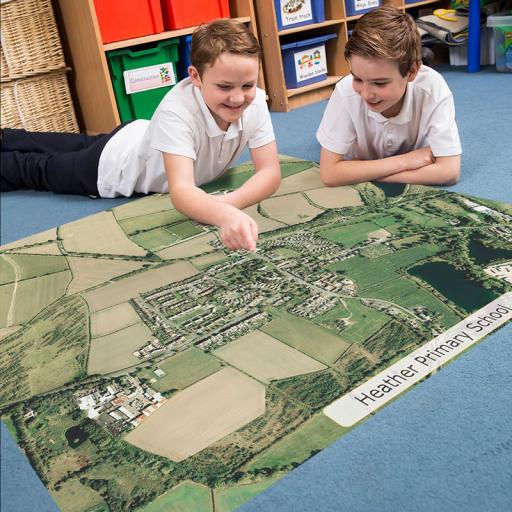
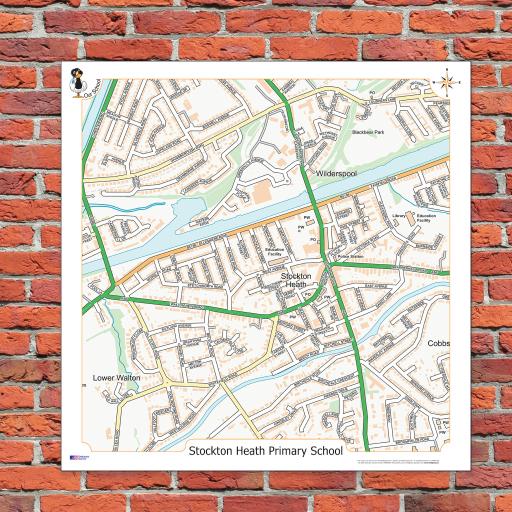
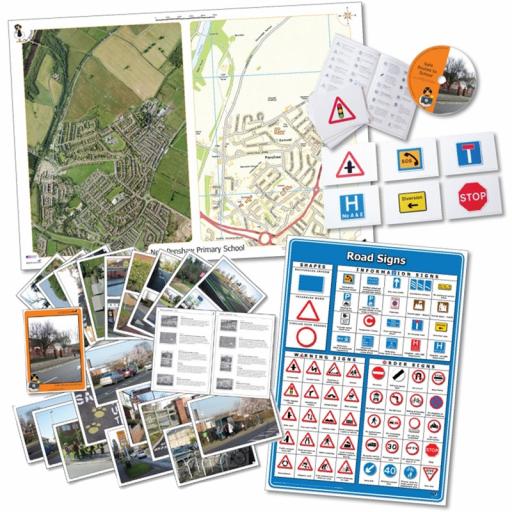
Geographical Vocabulary:
Introduce students to a rich vocabulary of geographical terms, including place names, geographical features, processes, and concepts. Encourage them to use this vocabulary accurately and appropriately in their written and spoken responses.
Knowledge Organisers:
Utilise knowledge organisers, such as concept maps, Venn diagrams, and graphic organisers, to help students organise and connect their geographical knowledge. These visual tools can enhance their understanding and retention of key concepts.
Strategies for Encouraging Geographical Thinking:
-
Pose geographical questions: Encourage students to ask questions about the world around them, such as "Why are mountains and valleys formed?" or "How does climate affect the distribution of different types of plants and animals?"
-
Encourage problem-solving: Present students with geographical puzzles or challenges that require them to apply their knowledge and skills to solve problems. This could involve analysing data, interpreting maps, or making predictions about future changes.
-
Foster critical thinking: Guide students to critically evaluate geographical information and sources, questioning the validity, reliability, and biases of the information they encounter.
-
Promote collaborative learning: Encourage students to work together in groups to investigate geographical topics, share their findings, and develop collective understanding.
-
Connect geography to real-world issues: Link geographical concepts to current events, environmental concerns, and social justice issues. This helps students understand the relevance and impact of geography in their lives.
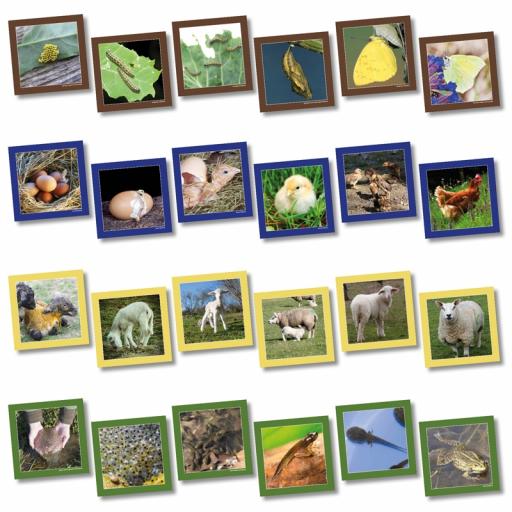
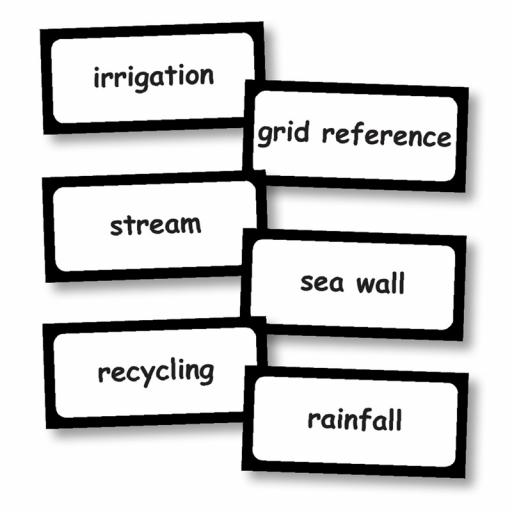
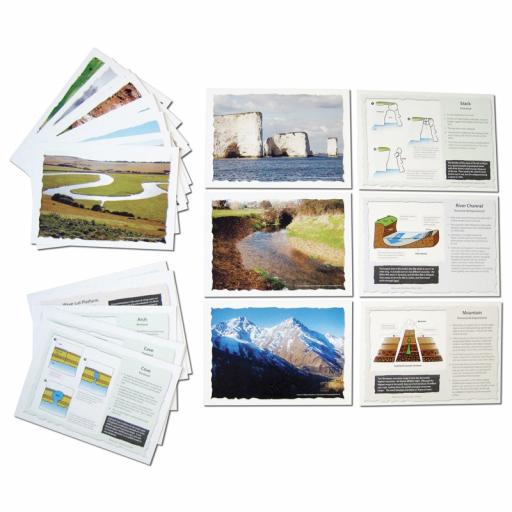
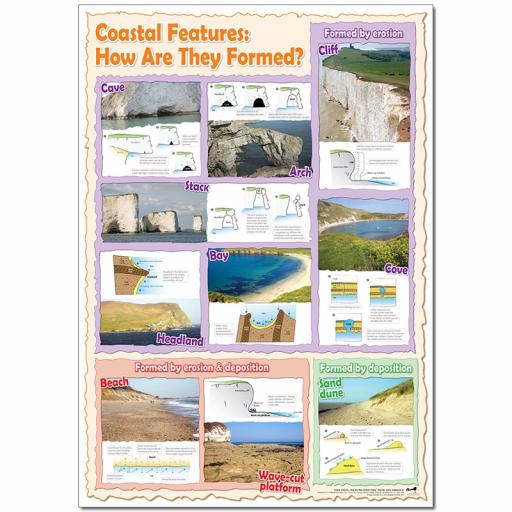
-
Fieldwork in Geography Education:
Fieldwork is an essential component of geography education, providing students with hands-on experiences that connect them to the real world. It allows them to apply their knowledge and skills to real-world situations, enhance their understanding of geographical concepts, and develop critical thinking and problem-solving skills.
Benefits of Fieldwork:
-
Enhances Understanding of Geographical Concepts: Fieldwork allows students to visualise and experience geographical concepts in a direct and meaningful way. This can help them develop a deeper understanding of topics such as climate, landforms, and human-environment interactions.
-
Develops Geographical Skills: Fieldwork provides opportunities for students to practice and develop essential geographical skills, such as map reading, compass work, data collection, and observation. These skills are essential for conducting independent research and making informed decisions.
-
Promotes Critical Thinking: Fieldwork encourages students to ask questions, identify problems, and collect evidence to support their arguments. This process fosters critical thinking and problem-solving skills that are transferable to other subjects and aspects of life.
-
Builds Cultural Capital: Fieldwork exposes students to different cultures, communities, and environments, which can broaden their perspectives and understanding of the world. This cultural capital is invaluable for developing empathy, intercultural communication skills, and global citizenship.
Fieldwork in Early Years Foundation Stage (EYFS):
The EYFS curriculum emphasizes the importance of providing children with opportunities to explore their immediate surroundings and learn about the natural and built environment. Fieldwork activities can be tailored to the EYFS stage, allowing children to engage with their environment in a hands-on and meaningful way.
For instance, EYFS children can:
• Observe and collect natural materials such as leaves, pebbles, and flowers from their school grounds.
• Identify different textures, shapes, and colours in their surroundings.
• Engage in simple mapping activities, such as drawing a map of their playground or noting the location of different features.
• Engage in simple observation activities, such as watching birds or ants in their natural habitat.
• Engage in simple experiments, such as observing the effects of water on different materials.
By incorporating fieldwork into their teaching, EYFS teachers can lay a strong foundation for future learning in geography, fostering a love of learning and a sense of wonder about the world around them.
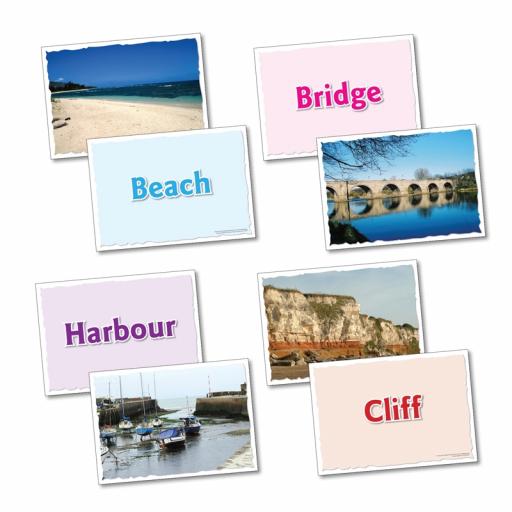
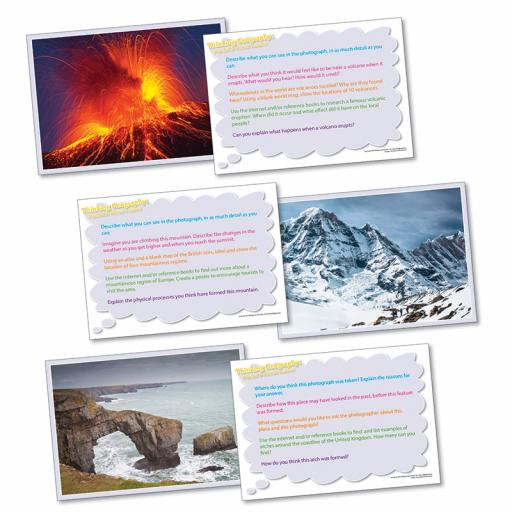
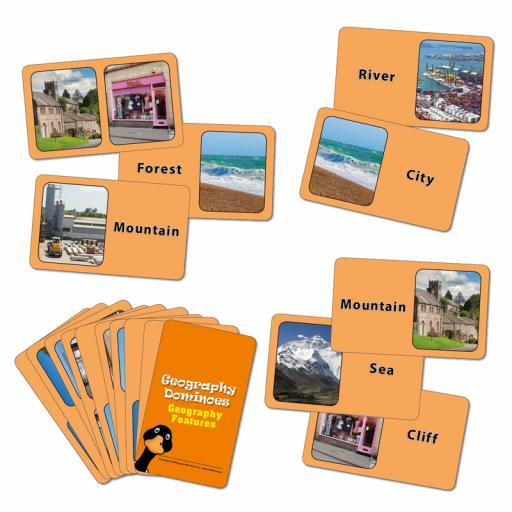
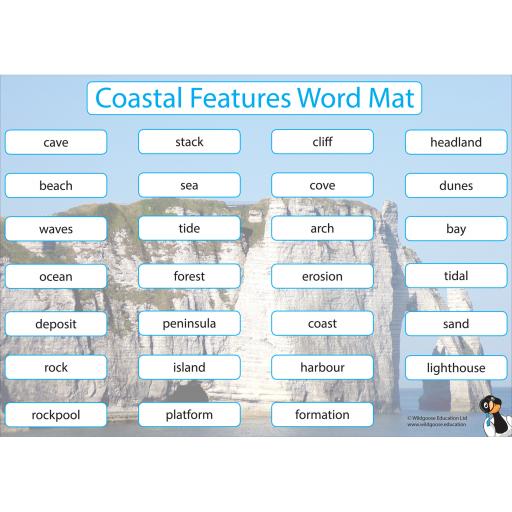
Integrating Fieldwork into the Curriculum:
Fieldwork should be an integral part of a coherent and connected geography curriculum, aligned with the National Curriculum and local contexts. It should be carefully planned and executed to ensure that it is safe, engaging, and aligned with the learning objectives.
Here are some tips for integrating fieldwork into the curriculum:
-
Plan fieldwork activities that are relevant to the current geography topic and age-appropriate.
-
Conduct risk assessments and obtain necessary permissions before conducting fieldwork.
-
Involve parents and guardians in fieldwork activities, where appropriate.
-
Use fieldwork as an opportunity to integrate other subjects, such as science, art, and language.
-
Collect and analyse data collected during fieldwork to support students' learning.
-
Reflect on fieldwork experiences and make adjustments for future activities.
Emphasise Ongoing Improvement
The inspectors recognise that the new Ofsted framework is relatively new, and schools need time to adapt to its demands. To demonstrate a commitment to continuous improvement, geography co-ordinators should develop a plan that outlines how they will address the focus on geography over time.
Actionable Steps:
-
Document Progress: Establish a system for documenting and tracking the progress made in enhancing the geography curriculum across all year groups. This documentation should be clear, concise, and accessible to all staff.
-
Share Lesson Observations: Encourage peer observation and feedback among geography teachers, fostering a culture of learning and improvement. Sharing lesson observations with members of the SLT can provide valuable insights and guidance.
-
Seek External Support: Consider seeking external support from experienced geography educators or consultants to provide professional development opportunities and guidance for teachers.
-
Engage Parents and Guardians: Actively involve parents and guardians in discussions about geography education, showcasing their children's geographical learning through shared projects and activities.
-
Collaborate with Other Subjects: Encourage cross-curricular collaboration between geography and other subjects, such as history, science, and art, to demonstrate the interconnectedness of geography knowledge.
-
Reflect and Adapt: Regularly reflect on the effectiveness of the geography curriculum and make adjustments as needed to ensure it aligns with the new Ofsted expectations.
-
Continuous Engagement: Maintain a focus on continuous professional development and engagement with geography education, ensuring that teachers are equipped to deliver high-quality geographical learning experiences for all students.

